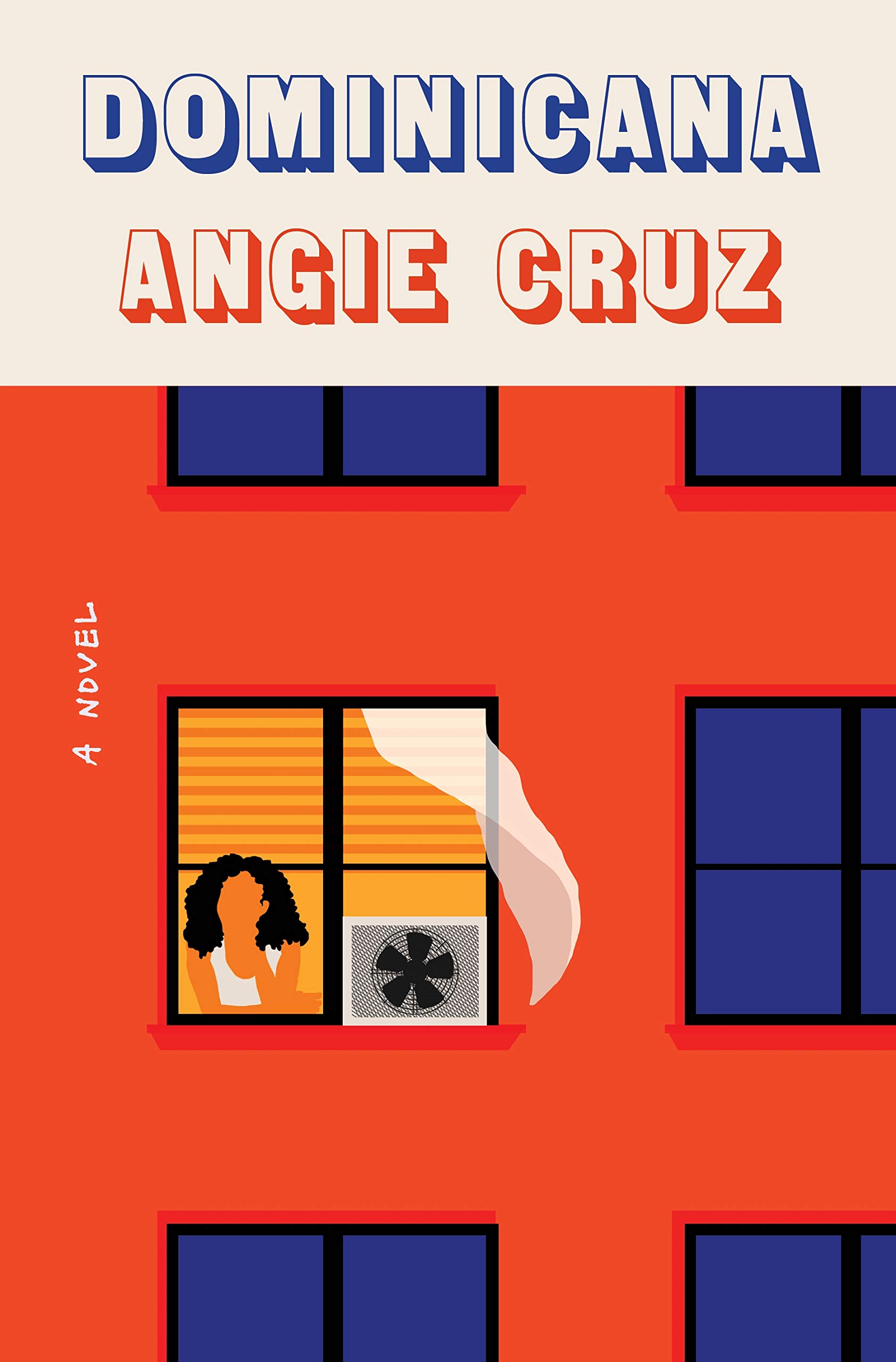Author Angie Cruz started the Instagram account, Dominicanas NYC, when she couldn’t find photos of 1960s Dominican working-class women while researching her novel Dominicana. Cruz spoke to the Cut about this community-driven project that shares photos and stories of Dominican women from across the country. “I’m interested in writing about the working class, which is often under-documented,” she says. “What’s documented is what we see in the papers, about politicians, or people who have power, or crime. My family was in NYC in the ’70s, but for Dominicana, I was interested in writing about 1965. That was the year the U.S. occupied D.R. It was the year Malcolm X was shot across from the building I grew up in [in Washington Heights.] I wanted to bring all these historical moments together and show how, even if they’re different stories and movements, they’re all interconnected.”
Angie Cruz’s Working Women









